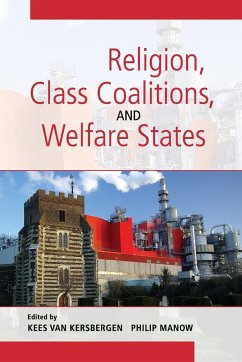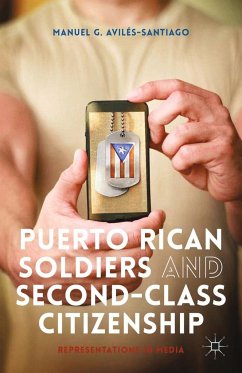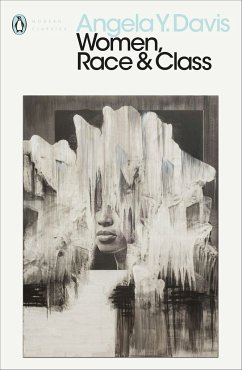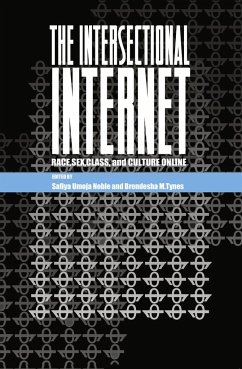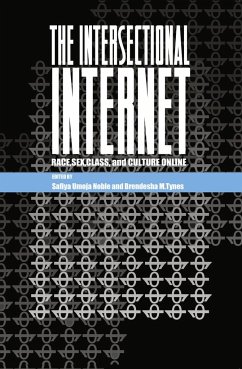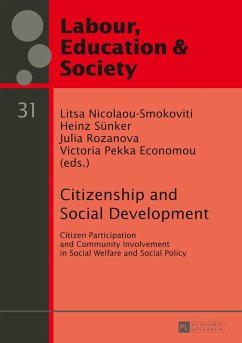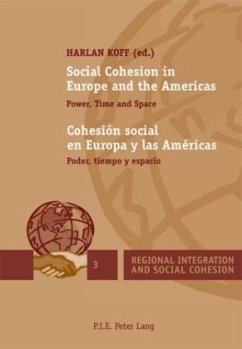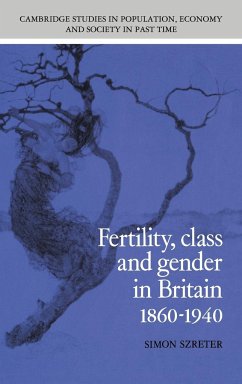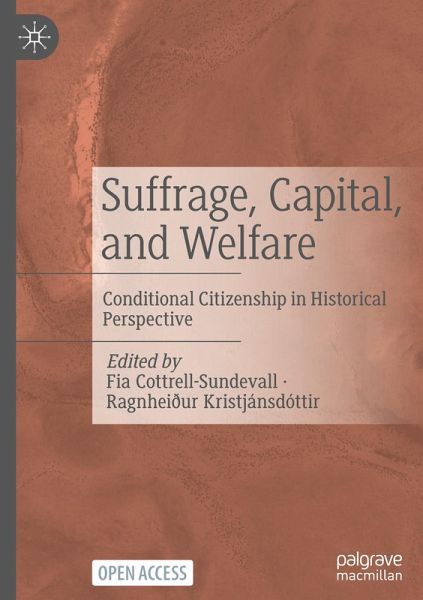
Suffrage, Capital, and Welfare
Conditional Citizenship in Historical Perspective
Herausgegeben: Cottrell-Sundevall, Fia; Kristjánsdóttir, Ragnheiður
Versandkostenfrei!
Versandfertig in 6-10 Tagen
39,99 €
inkl. MwSt.

PAYBACK Punkte
20 °P sammeln!
This open access book examines disenfranchisement and voting barriers in ten self-governing and aspiring liberal democracies worldwide, before and after the introduction of so-called universal suffrage. Focusing on economic voting restrictions implemented through constitutional provisions and laws, it explores the various disqualifications that prevent people from voting. The notions of economic independence underpinning these restrictions have built and reinforced societal structures and power relations, particularly concerning class, gender, race, civil status, age, and education. Historical...
This open access book examines disenfranchisement and voting barriers in ten self-governing and aspiring liberal democracies worldwide, before and after the introduction of so-called universal suffrage. Focusing on economic voting restrictions implemented through constitutional provisions and laws, it explores the various disqualifications that prevent people from voting. The notions of economic independence underpinning these restrictions have built and reinforced societal structures and power relations, particularly concerning class, gender, race, civil status, age, and education. Historically, voting rights have been celebrated as a symbol of inclusivity and equal citizenship. Yet, as contributors in this collection highlight, recent centennial celebrations of universal suffrage often depict it as a distinct milestone, overshadowing the voting restrictions that persisted post women's suffrage. As democracy now faces new, concerted challenges, there is a compelling reason to revisit and question the narrative of the progression of democratic ideals.



